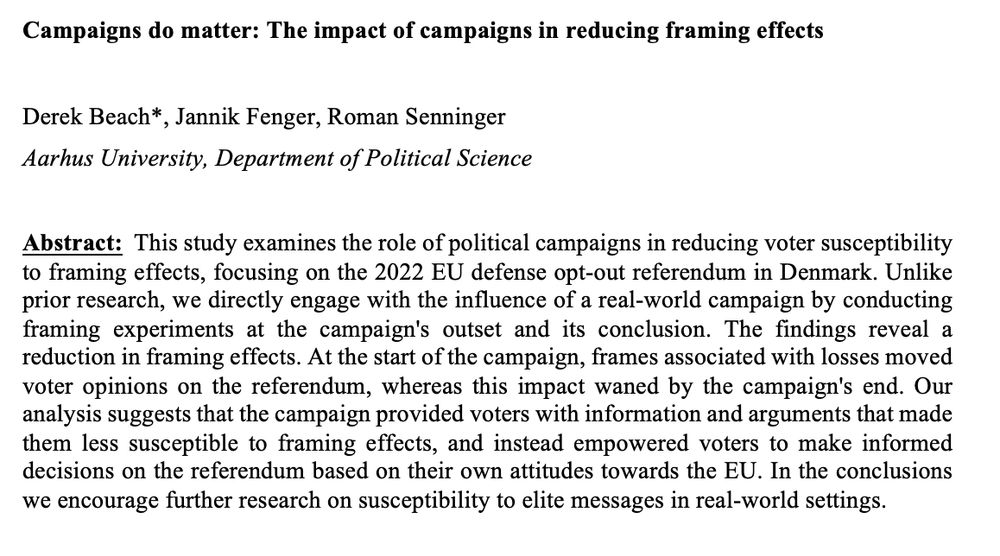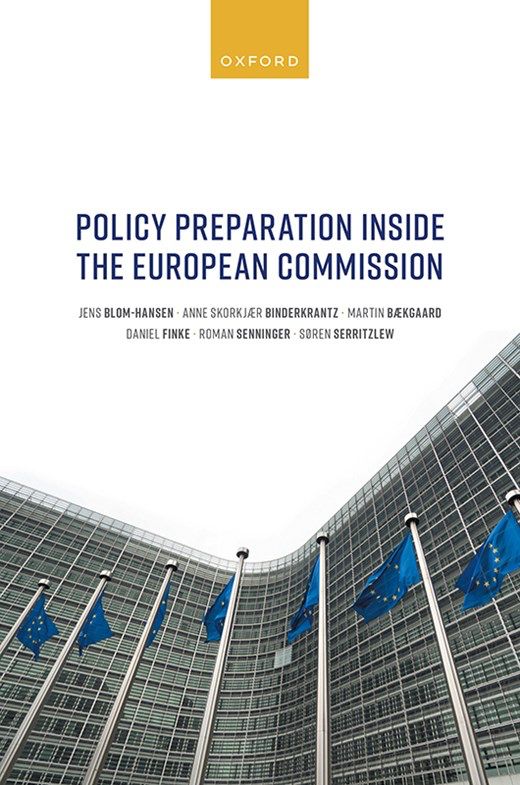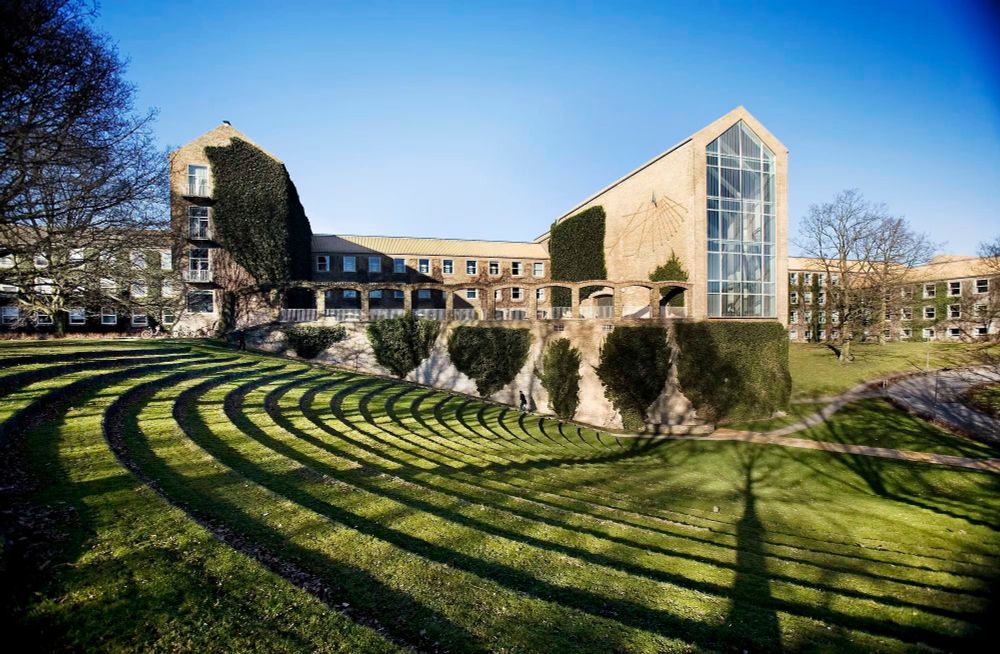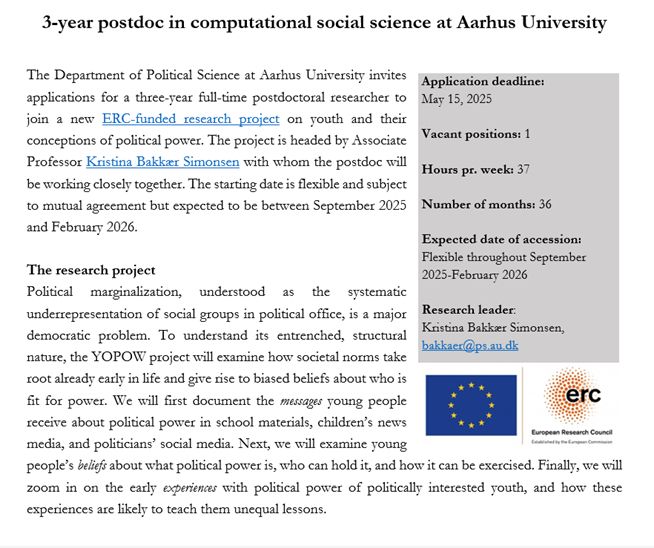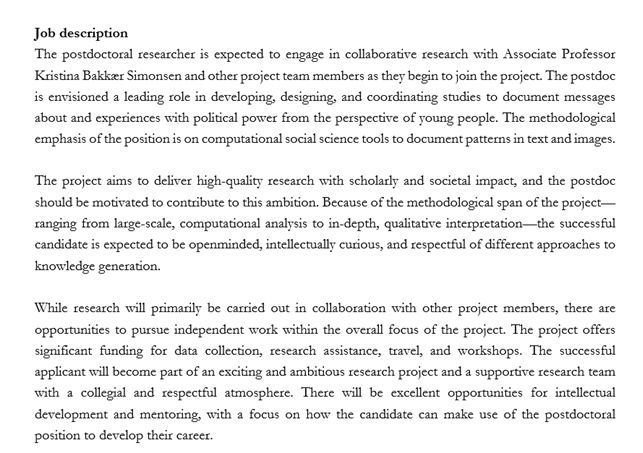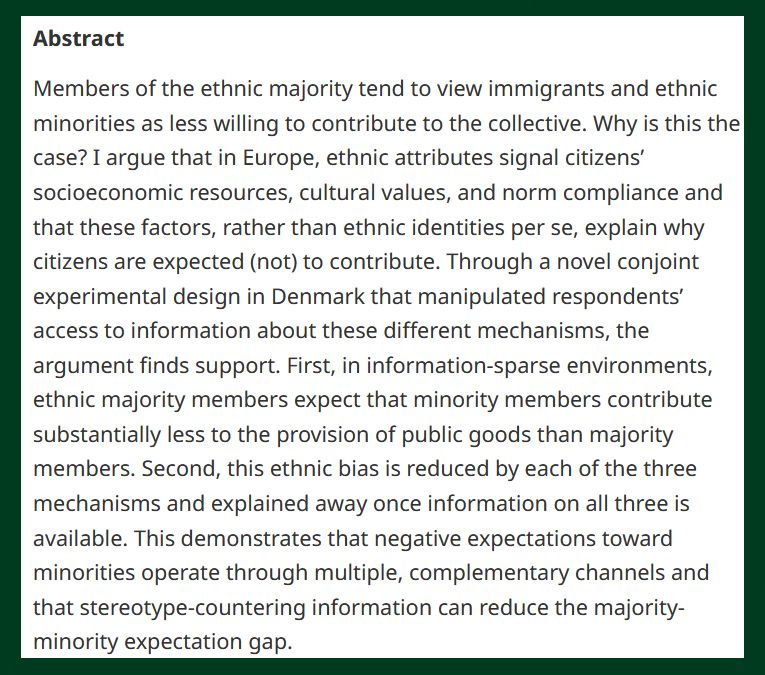Mathias Kruse
@matkruse.bsky.social
250 followers
290 following
41 posts
Assistant Professor, Political Science @AarhusUni.
Immigration | Discrimination | Socialization
https://www.mathiaskruse.com/
Posts
Media
Videos
Starter Packs
Pinned
Reposted by Mathias Kruse
Reposted by Mathias Kruse
Mathias Kruse
@matkruse.bsky.social
· Jun 2
Reposted by Mathias Kruse
Reposted by Mathias Kruse
Reposted by Mathias Kruse
Reposted by Mathias Kruse
Mathias Kruse
@matkruse.bsky.social
· Apr 28
Mathias Kruse
@matkruse.bsky.social
· Apr 28
Mathias Kruse
@matkruse.bsky.social
· Apr 28
Mathias Kruse
@matkruse.bsky.social
· Apr 28
Mathias Kruse
@matkruse.bsky.social
· Apr 28
Mathias Kruse
@matkruse.bsky.social
· Apr 28
Mathias Kruse
@matkruse.bsky.social
· Apr 28
Mathias Kruse
@matkruse.bsky.social
· Apr 28
Reposted by Mathias Kruse
Mathias Kruse
@matkruse.bsky.social
· Jan 30
Reposted by Mathias Kruse
Mathias Kruse
@matkruse.bsky.social
· Jan 12
Mathias Kruse
@matkruse.bsky.social
· Jan 6
Mathias Kruse
@matkruse.bsky.social
· Jan 6
Mathias Kruse
@matkruse.bsky.social
· Jan 6

